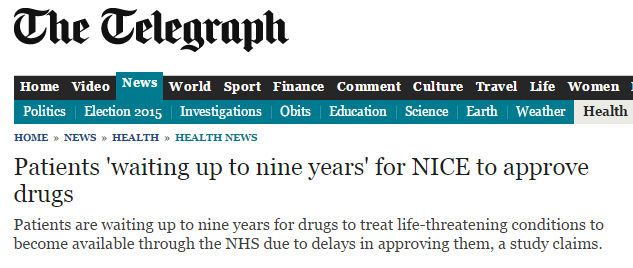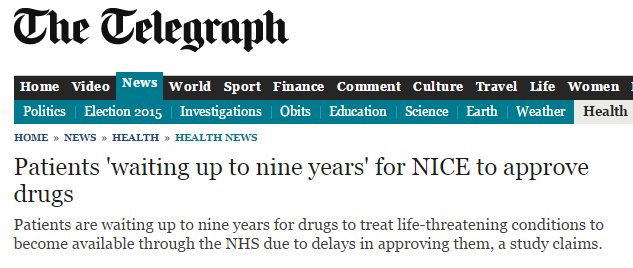Too often, critics greatly exaggerate price differences between the U.S. and other countries to create an erroneous impression that medicines are a major driver of U.S. health care cost growth – ignoring that medicines account for a small share of health spending differences between the U.S. and other countries. They also fail to acknowledge the ramifications of centralized price control policies other countries use to achieve whatever price differences do exist.
Many industrialized nations seek cost containment through price controls, which restrict access to medicines and discourage the research and development of new treatments. The U.S. relies on its competitive marketplace to control costs, while encouraging the development of new therapies. Because of the ecosystem that exists in the U.S., patients enjoy access to innovative medicines far earlier than patients in countries with centralized price controls and leads the world in drug discovery and development.
When considering the “how’s” and “why’s” of prices in other industrialized countries, we need to keep in mind:

- U.S. cancer patients have higher survival rates than Europe.
 The 5-year survival rate for all
The 5-year survival rate for all
cancers is 40 percent higher for men and 13 percent higher for women in the U.S. than in Europe. Researchers have attributed the higher cancer survival rates in the U.S. to the greater availability of advanced treatment options. And a study by Tufts University found that between 2000 and 2005, 73 percent of medicines launched in the U.S. before becoming available in Europe – which was attributed to our nation’s market-based system.
- Price comparisons fail to acknowledge the effect of a competitive market in controlling costs.
 High generic utilization rates, competition among brand-name medicines and aggressive tactics by insurers to negotiate prices all help to control how much the U.S. health care system spends on medicines. Currently nearly 90 percent of all medicines prescribed to U.S. patients are generics, which are typically up to 80 percent less than that of the brand medicine. In contrast, between 50-60 percent of all medicines prescribed in countries with strict price controls are generics, and are more expensive.
High generic utilization rates, competition among brand-name medicines and aggressive tactics by insurers to negotiate prices all help to control how much the U.S. health care system spends on medicines. Currently nearly 90 percent of all medicines prescribed to U.S. patients are generics, which are typically up to 80 percent less than that of the brand medicine. In contrast, between 50-60 percent of all medicines prescribed in countries with strict price controls are generics, and are more expensive.
- Prices comparisons do not include generic utilization rates or negotiated discounts.
 Most cross-country comparisons focus solely on the list prices of medicines and exclude from calculations the steep discounts that are required in U.S. public programs such as Medicaid and the rebates negotiated by insurers and pharmacy benefit managers. In addition, these comparisons often only include the list prices of brand-name medicines even when lower-cost generic versions are available and widely used.
Most cross-country comparisons focus solely on the list prices of medicines and exclude from calculations the steep discounts that are required in U.S. public programs such as Medicaid and the rebates negotiated by insurers and pharmacy benefit managers. In addition, these comparisons often only include the list prices of brand-name medicines even when lower-cost generic versions are available and widely used.
“It is not accurate to say, then, that the United States has higher prescription drug prices than other countries. It is accurate to say only that the United States has a different pricing system from that of other countries. Americans pay more for drugs when they first come out and less as the drugs get older, while the rest of the world pays less in the beginning and more later.”
- Malcolm Gladwell, New York Times bestselling author





